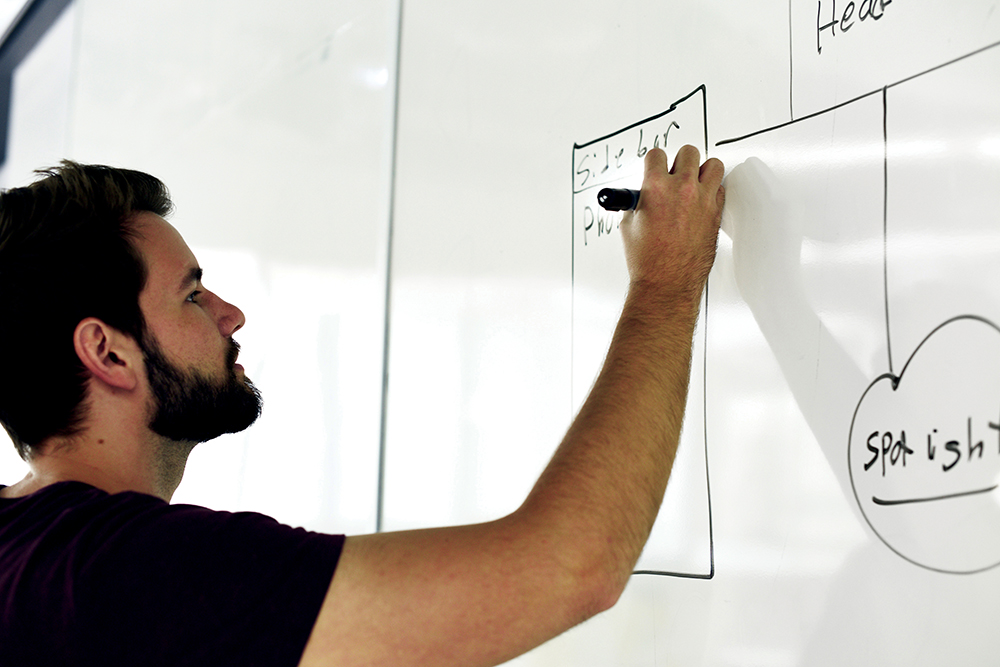The UK is facing a crisis in productivity. Since the 2007 financial crisis, the rest of the G7 have recovered twice as well relative to British performance. This slow down in productivity has been more acutely felt in the UK than almost every other OECD state. It’s time for change.
Traditional solutions to transforming productivity are failing. By disrupting these conventions, and adopting a radical new philosophy of change, we can make a quantum leap in individual, business and national productivity.
Concord holds the key to making that happen.
The D4 Difference
The D4 method of business transformation practised by Concord, achieves greater returns in shorter timescales, fundamentally transforming the productivity of a business.
The method identifies new and innovative ways of exploring business processes and working behaviours to optimise effectiveness and efficiency. Alan Fowler, developer of the D4 method, puts it this way:
“Efficiency and effectiveness is all about sharing a vivid and tangible picture of what the end result is to be and then constantly re-planning to achieve it. Does anyone doubt that Christmas will come? Does anyone doubt that the Olympic Games will open on its scheduled date? When faced with immovable goals, people will come up with radical ways to meet them.”
A different way of planning
The traditional notion of change management suggests that you work forwards in time – planning from the start. A traditional business plan works from left to right – you analyse and plan change against the individual processes that contribute towards the whole. This is a ‘bottom-up’ approach which too often gets mired in excessive short-term detail, to the detriment of the end objective.
The D4 method works back to the causes of change – from the future, backwards, from right-to-left. Rejecting the notion of measurement that focuses solely on numbers and statistics, the D4 method delivers both qualitative change in the form of business change, as well as financial and numerical outcomes.
Better behaviour
The efficiency and effectiveness of a workforce can be influenced by changing its behaviour. However, behaviours are stubbornly immovable and resistant to change.
The D4 approach engages everyone on an equal level, regardless of their position and seniority. Gaining that buy-in shifts the perception of a transformation from something being done to the workforce, to something done with them. Everyone becomes aware of their role in the big picture, and embedded support mechanisms ensure that the entire team works in unison.
When teams can see the future and understand how their role specifically influences the end objective, they are more willing and able to contribute ideas and options. Objections can be more readily addressed and overcome. Those with the strongest opinions often become the strongest advocates when the outcomes and benefits are clear.
Transforming workforce productivity by changing behaviours will mean new ways of thinking and developing new habits. However, the costs of doing this are low and it is less disruptive than implementing new technologies in the hope of gaining a productivity advantage.
Having the right people, with the right skills, who understand how they contribute to the objectives of the business is the key to increasing both efficiency and effectiveness, and therefore productivity.
How can you achieve this for your company
Concord is here to help you make that quantum leap in productivity, and is already contributing to the broader recovery of the struggling UK economy.
To learn more about Concord, and how you can make it work for you please do take action today and contact us to find out about our next event or connect with a local practitioner who can tell you more. enquiries@ctaglobal.net













